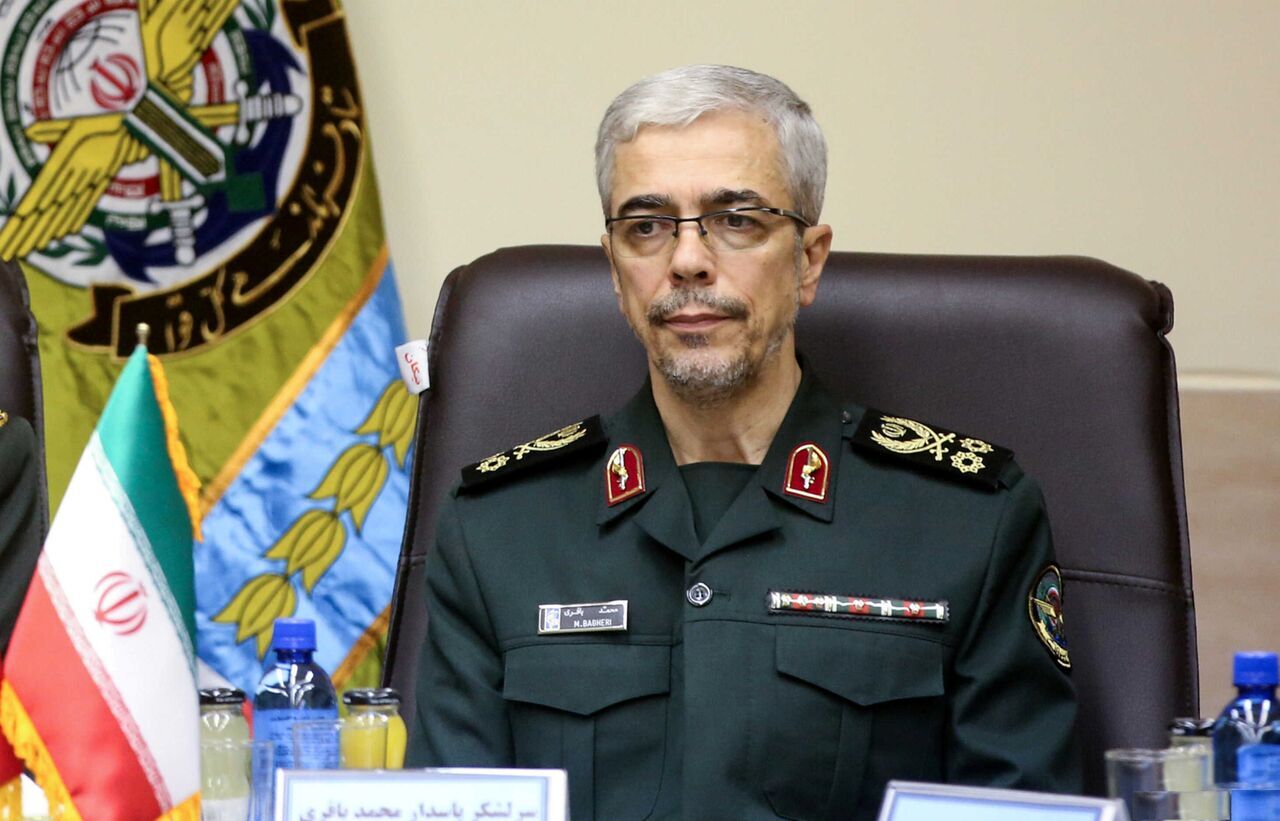The Chief of Staff of the Iranian Armed Forces, General Mohammad Bagheri, has reaffirmed Iran’s commitment to regional peace while emphasizing its defensive capabilities and skepticism toward negotiations with the United States. His statements reflect Iran’s broader strategic outlook, balancing diplomatic engagement with military readiness amid ongoing geopolitical tensions.
General Bagheri reiterated that Iran has no intention of developing nuclear weapons and seeks to promote stability in the region. However, he dismissed the possibility of direct negotiations with the United States, citing a history of American unreliability in past agreements. According to him, indirect dialogue could be considered under certain conditions, but any meaningful diplomatic engagement would require the U.S. to demonstrate sincerity and trustworthiness.
This position aligns with Tehran’s long-standing narrative, which portrays Iran as open to diplomacy but unwilling to compromise on its sovereignty or security interests. The reluctance to engage directly with Washington highlights the deep-seated distrust between the two nations, exacerbated by decades of sanctions, military confrontations, and conflicting regional policies.
General Bagheri also emphasized that while Iran does not seek conflict, it will not tolerate external pressure or military threats. He warned that any attack on Iranian territory or interests would be met with a decisive and severe response. This statement underscores Iran’s strategy of deterrence, aimed at discouraging potential adversaries from engaging in hostile actions.
In recent years, Iran has significantly advanced its military capabilities, particularly in air defense, missile technology, and drone warfare. Bagheri pointed out that Iran’s current defense systems are far more robust than they were during previous military confrontations, including operations against Israel. This enhancement in military strength is part of Iran’s broader effort to establish itself as a formidable regional power, capable of countering perceived threats from both state and non-state actors.
Iran’s stance carries significant implications for the broader Middle East. Its commitment to regional peace is often viewed through the lens of its alliances with groups and states opposed to U.S. and Israeli influence. While Tehran presents itself as a stabilizing force, its military activities and support for proxy groups have fueled concerns among Gulf states and Western powers.
The evolving military balance in the region, combined with Iran’s strategic calculations, suggests that tensions will persist despite diplomatic overtures. The absence of direct U.S.-Iran negotiations means that regional actors, including Gulf nations and European intermediaries, may play a crucial role in facilitating dialogue or de-escalating conflicts.


